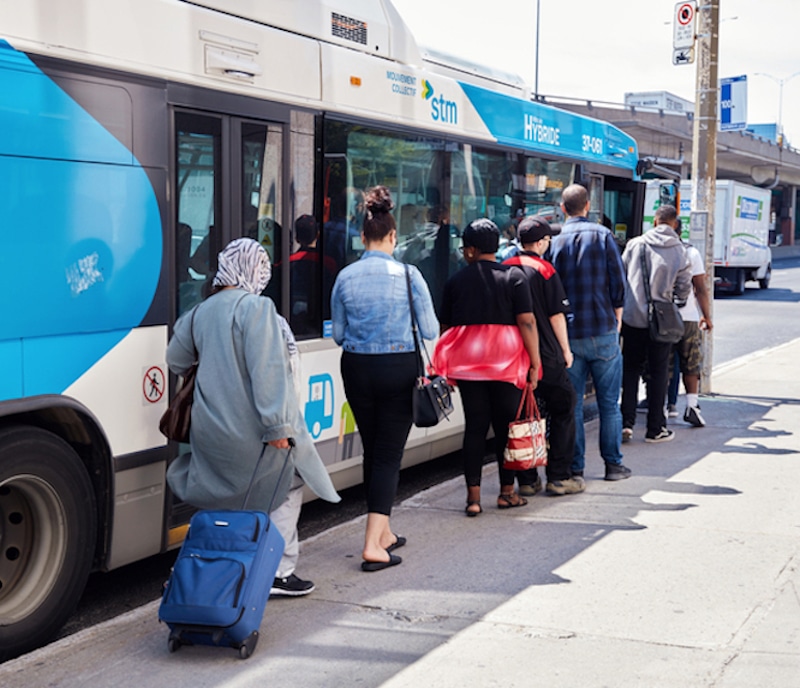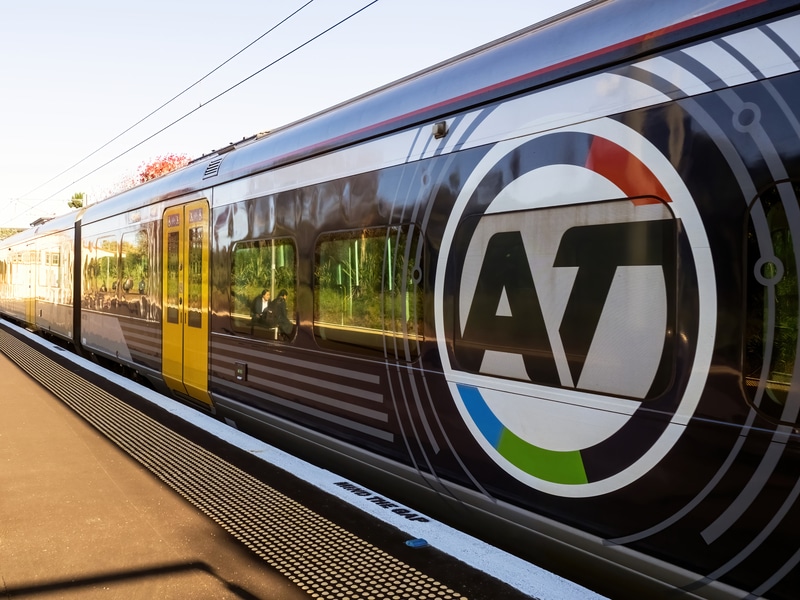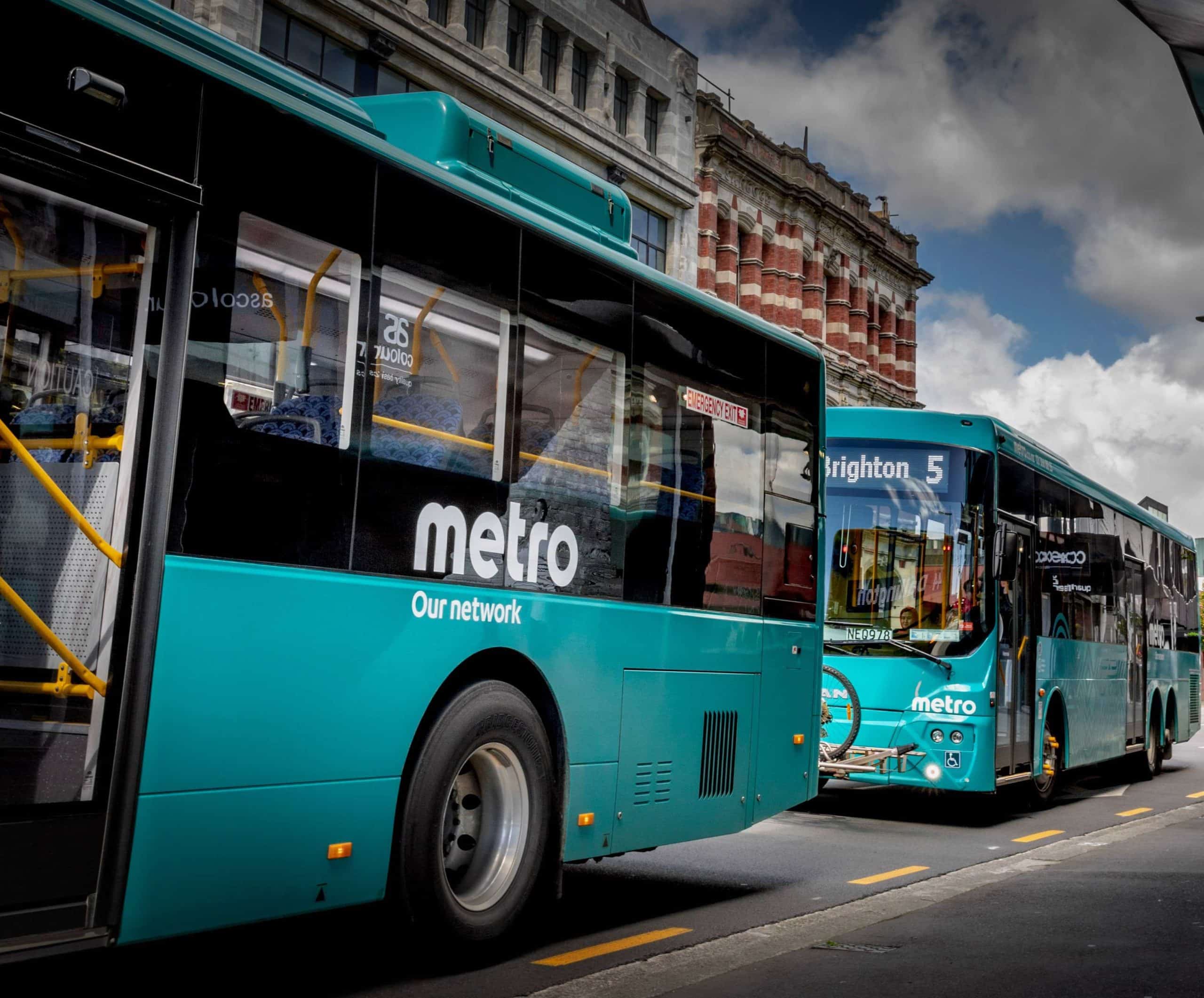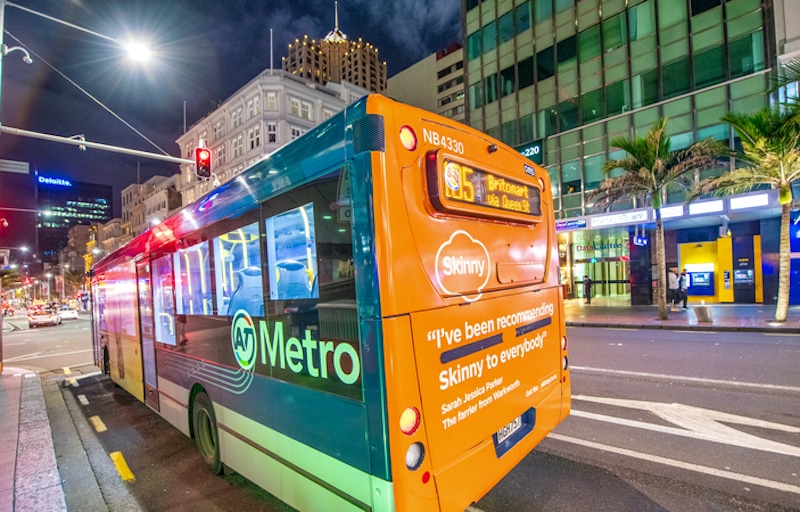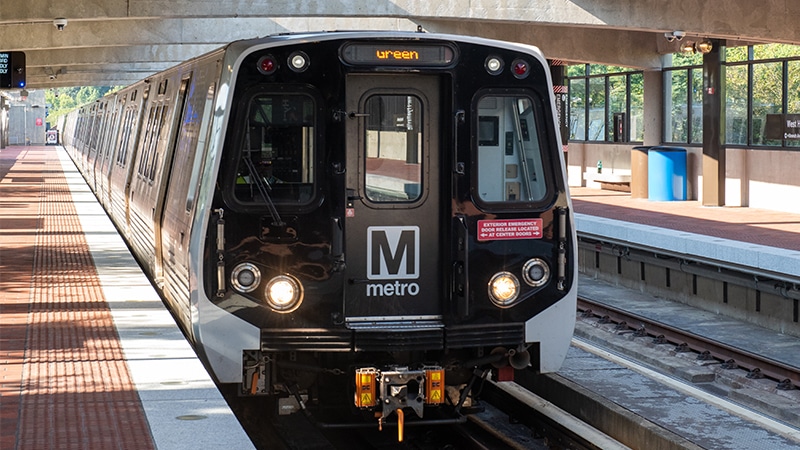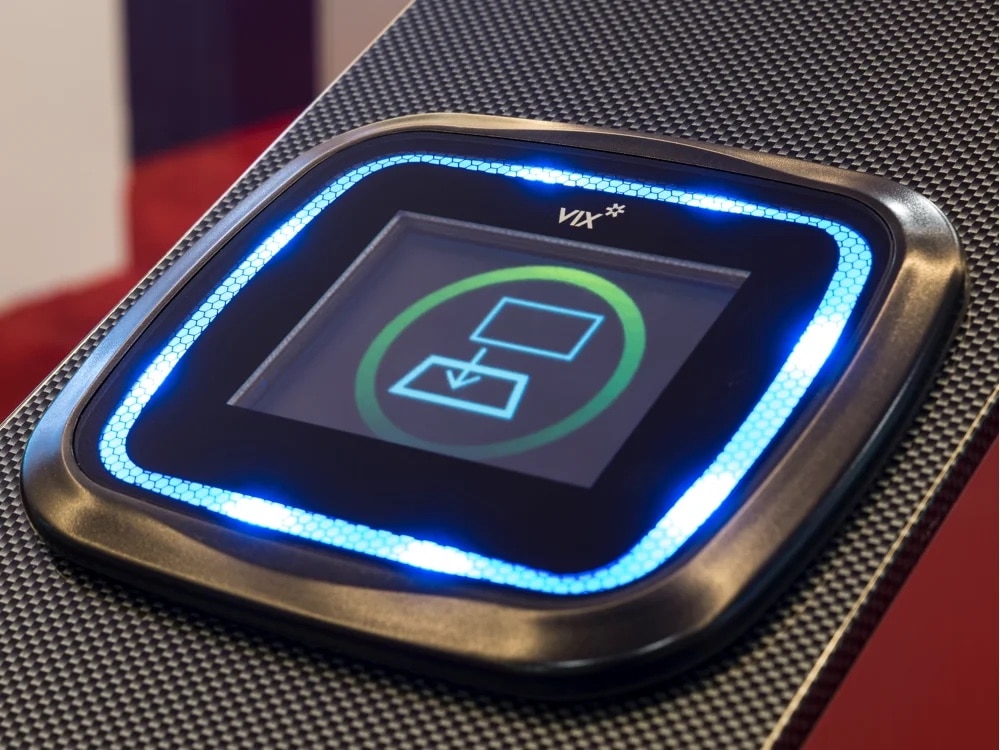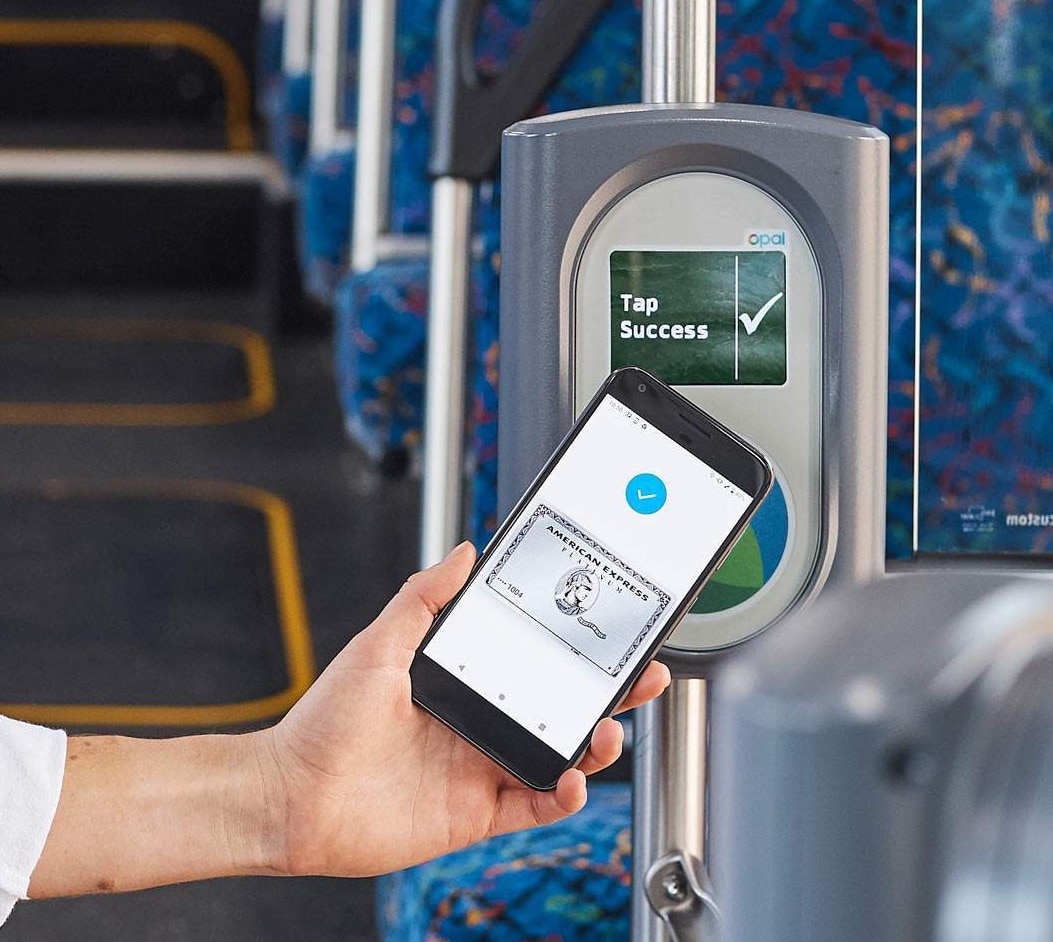
Article Highlights
Two transit agencies in California issued RFPs this year that appear to shun modular, all open-loop, approach of the California open-loop procurement program, Cal-ITP. Reports showed that the program vendors received no orders from new transit agencies for open-loop technology during the second quarter, though one source said projects were in the pipeline.
• Chart: Cal-ITP projects through Q2 2023
• OCTA (Orange County, CA)
• Santa Cruz Metro
• Cal-ITP
• Metro (Los Angeles)
• MTC (San Francisco)
• Littlepay
• INIT
• Masabi
The Orange County Transportation Authority, or OCTA, in Southern California, would seem to be exactly the type of transit agency that the state’s open-loop procurement program, Cal-ITP, is targeting.








